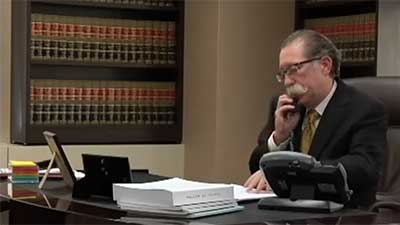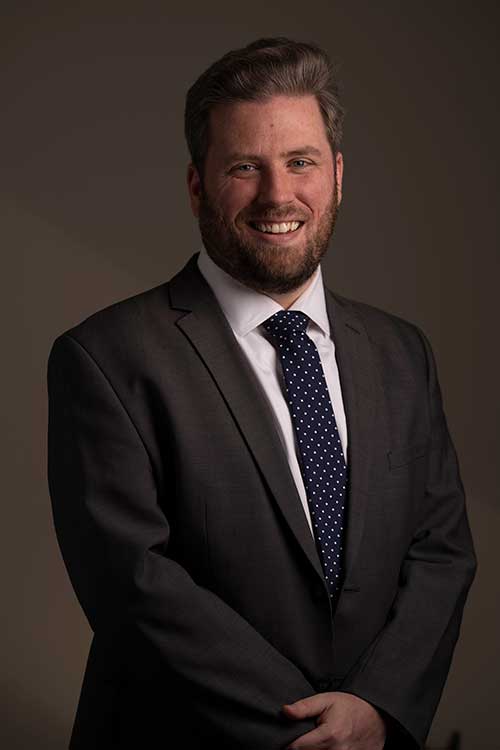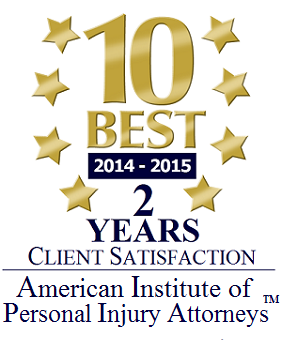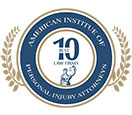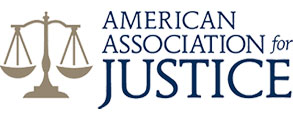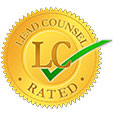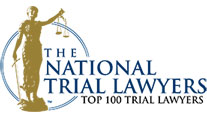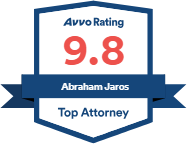Sexual Harassment Lawyer
Sexual harassment is a form of gender-based discrimination. It involves unwelcome sexual conduct or advances that are used as the basis for hiring or other employment decisions, such as promotions, raises or job assignments, or creates an intimidating, hostile or offensive work environment.
The harasser may be a supervisor, a co-worker or someone who is not an employee, such as a client or customer. Harassment is illegal when it creates a hostile or offensive work environment or when it results in an adverse employment decision.
Sexual harassment may be verbal, visual and/or physical, including:
- Sexually offensive remarks or jokes;
- Unwanted touching or groping;
- Coerced sex acts;
- Requests for sexual favors of a sexually suggestive nature (e.g., asking employee
- to take something out of a supervisor’s pants pocket);
- Displaying pornographic images;
- Comments (either complimentary or derogatory) about a person’s gender or
- sexual preferences;
- Sexual gestures (e.g., pantomiming sex acts).
Sexual harassment is prohibited by Title VII of the 1964 federal Civil Rights Act, New York State Human Rights Law and, in some instances, local law (for example, the New York City Administrative Code). The NYS Human Rights Law also protects against harassment based on gender identity or transgender status.
Harassment on the basis of actual or perceived sexual orientation is also prohibited by the New York State Orientation Non-Discrimination Act (“SONDA”). For more information on SONDA, see https://ag.ny.gov/civil-rights/sonda-brochure. Sexual harassment can also occur in contexts other than the workplace, such as in housing, school, or other public accommodations.
You should first contact the person or office that has been designated by your employer to receive such complaints. It is now the responsibility of your employer to investigate your complaint and take the necessary steps to ensure that it never happens again. In the event your employer does not investigate or take steps to stop the harassment then it is time to consult an attorney to decide how it is best for you to proceed.
If you feel that you have been sexually harassed at work or by, for example, a landlord, teacher, or service provider, you should consult with an attorney who can explain all of your available options. Note that there are deadlines for filing a complaint under each of the laws prohibiting sexual harassment. Ask the agencies listed about specific procedures and time limits that apply.
The New York State Office of the Attorney General (OAG) Civil Rights Bureau determines whether your experiences are evidence of a pattern, practice or policy of sexual harassment affecting a significant number of people. The Bureau may then commence an investigation and/or initiate legal action against the employer. NOTE: The Attorney General represents the People of the State of New York, not the individual making a complaint. Filing a complaint with the OAG is not a substitute for bringing a case in court, and it does not affect any of the filing deadlines or other administrative prerequisites for filing a case in court or with other government agencies.
You may contact the Bureau at: Civil Rights Bureau, New York State Attorney General’s Office, 28 Liberty Street, New York, NY 10005; or at (212) 416-8250 or (800) 771-7755; or at civil.rights@ag.ny.gov.
NYS Division of Human Rights (SDHR)
Complaints of sexual harassment may be brought under the State Human Rights Law against an employer of any size. The State Human Rights Law allows individuals to file a complaint with the SDHR or proceed directly to court. The scope of and procedure for filing complaints under local human rights laws may differ from those of the State Human Rights Law. For instance, sexual harassment complaints under the NYC HRL may only be brought against an employer with more than 4 employees.
U.S. Equal Employment Opportunity Commission (EEOC)
Sexual harassment complaints under Title VII of the federal Civil Rights Act may only be brought against employers with more than 15 employees and must be filed with the EEOC before commencing litigation. The EEOC is a federal administrative agency that investigates employment discrimination complaints brought under federal law.
Filing a Lawsuit in State or Federal Court
Depending on the law on which a complaint is based, an individual may also have the right to file a lawsuit against their employer in state or federal court. Although a Title VII claim may only be brought in court after a charge is first filed with the EEOC, the NYS HRL does not require individuals to file a complaint with the SDHR or any other agency before bringing an action under the law in court.
Protections
Retaliation for making a complaint about sexual harassment is prohibited by law. If this occurs, you may have a separate claim of retaliation in addition to any claim of sexual harassment. Retaliation occurs when the terms and conditions of one’s work are unfavorably changed as a result of one’s reporting sexual harassment or cooperating with the investigation of a sexual harassment complaint or lawsuit. If you believe you have suffered retaliation, you should consult with an attorney and inquire with the agencies listed above as to the specific time limits and procedures that apply.
Women, Men and Third Parties
The law protects both men and women, and also covers incidents in which the harasser and the victim are of the same sex, regardless of sexual orientation.
Harassment Is Criminal
If the harassment involves physical touching, coerced physical confinement, or coerced sex acts, the conduct may constitute a crime. If you believe you have been the victim of a crime, you should file a report at your local police department. However, the conduct need not be criminal in nature to constitute unlawful gender-based harassment and discrimination.
If you believe or suspect that you have been the victim of sexual harassment then contact an attorney as quickly as possible.





